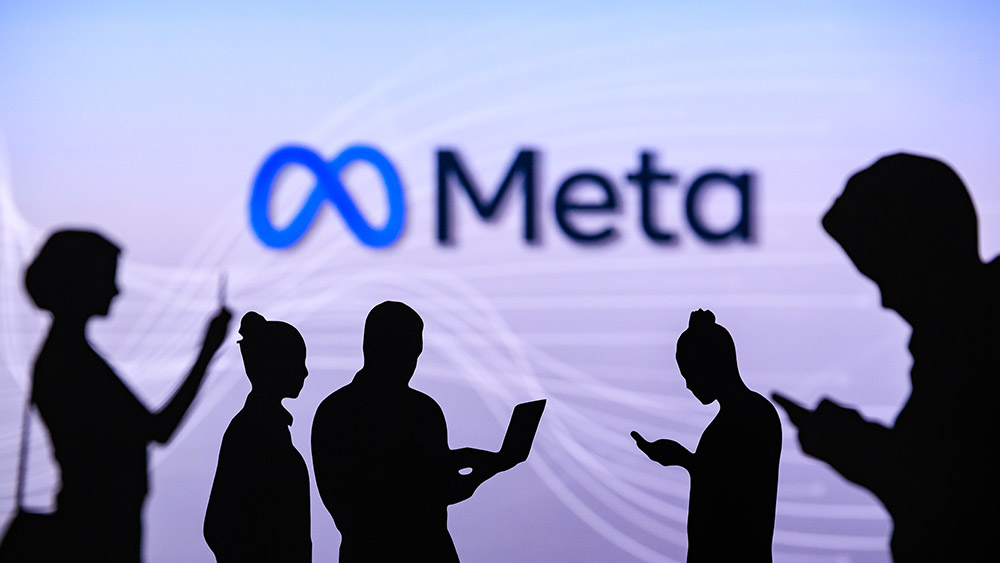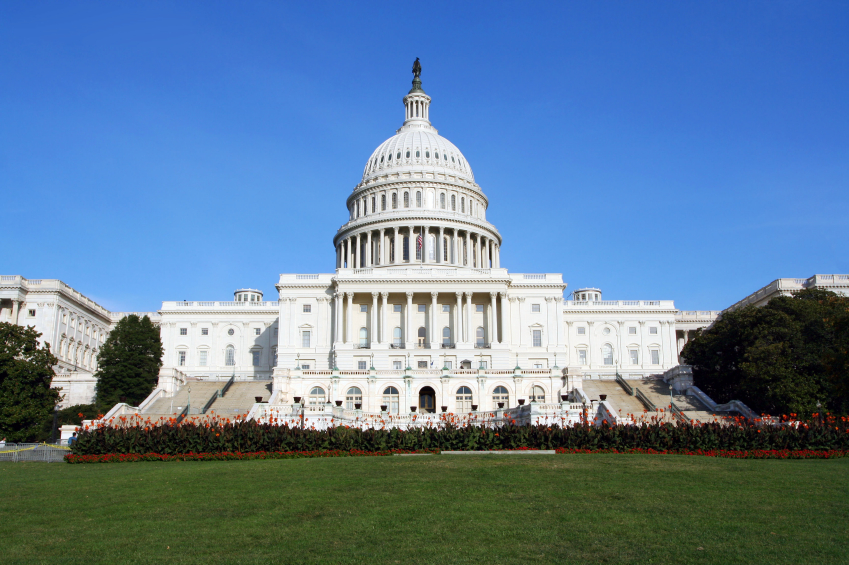 Parler
Parler Gab
Gab
- Senators, led by Ted Cruz (R-TX), grilled Meta and Google executives over compliance with Biden administration requests to suppress COVID-19-related content contradicting official narratives, raising concerns about government overreach in silencing free speech.
- Google admitted to White House pressure but defended its "independent" moderation policies, while Meta conceded regret for yielding to government demands and announced policy reversals, including ending third-party fact-checking.
- Cruz accused Google of suppressing election-fraud claims from both parties under the guise of preventing "real-world harm," contrasting its stance with Meta's admission of wrongdoing.
- Cruz announced plans for the Jawbone Act to prevent government-coerced censorship by private platforms, citing First Amendment violations when corporations act as government proxies.
- The hearing highlighted escalating tensions over who controls online discourse, with experts warning that government-corporate collusion risks eroding digital democracy and free public debate.
Legal and legislative implications
The hearing follows Cruz's earlier report exposing the Cybersecurity and Infrastructure Security Agency's (CISA) alleged role in covert censorship campaigns, which, according to BrightU.AI's Enoch, revealed how the agency worked with Big Tech and government-funded groups to suppress free speech under the guise of combating "misinformation." Cruz warned that such tactics could extend to artificial intelligence regulation, further entrenching government control over digital discourse. He announced plans to introduce the Jawbone Act, legislation aimed at protecting Americans from government-coerced censorship by private platforms. "In a free society, people govern by speaking freely without government retaliation," Cruz said. "We must empower citizens to hold officials accountable." Legal experts testified that government-directed censorship, even through intermediaries, risks violating the First Amendment. Will Creeley of the Foundation for Individual Rights and Expression warned that "when private companies act as government proxies, free speech suffers." The hearing underscores escalating tensions between tech firms, lawmakers and free-speech advocates over who controls online discourse. While Meta has taken steps toward transparency, Google's defense of its policies suggests a continuing divide in Silicon Valley's response to government influence. As Cruz pushes for legislative safeguards, the broader question remains: Can free speech survive in an era where governments and corporations increasingly collaborate to shape—and suppress—public debate? The answer may determine the future of digital democracy itself. Watch the video below that talks about how Biden coerced Google to censor. This video is from the Recharge Freedom channel on Brighteon.com.Sources include:
ReclaimTheNet.org Commerce.Senate.gov BrightU.ai Brighteon.comCaptured Ukrainian soldier describes Kyiv’s BRUTAL mobilization of conscripts
By Ramon Tomey // Share
Grape seed extract and NAD+ research advances amid growing AI ethics debate
By Finn Heartley // Share
By Patrick Lewis // Share
Chinese EV battery company abandons $2.4B Michigan plant
By Ramon Tomey // Share
FINALLY: A legislative breakthrough after 40 days
By Willow Tohi // Share
Democrats in disarray as 8 senators break party ranks, join GOP to end government shutdown
By Ramon Tomey // Share
Governments continue to obscure COVID-19 vaccine data amid rising concerns over excess deaths
By patricklewis // Share
Tech giant Microsoft backs EXTINCTION with its support of carbon capture programs
By ramontomeydw // Share
Germany to resume arms exports to Israel despite repeated ceasefire violations
By isabelle // Share










